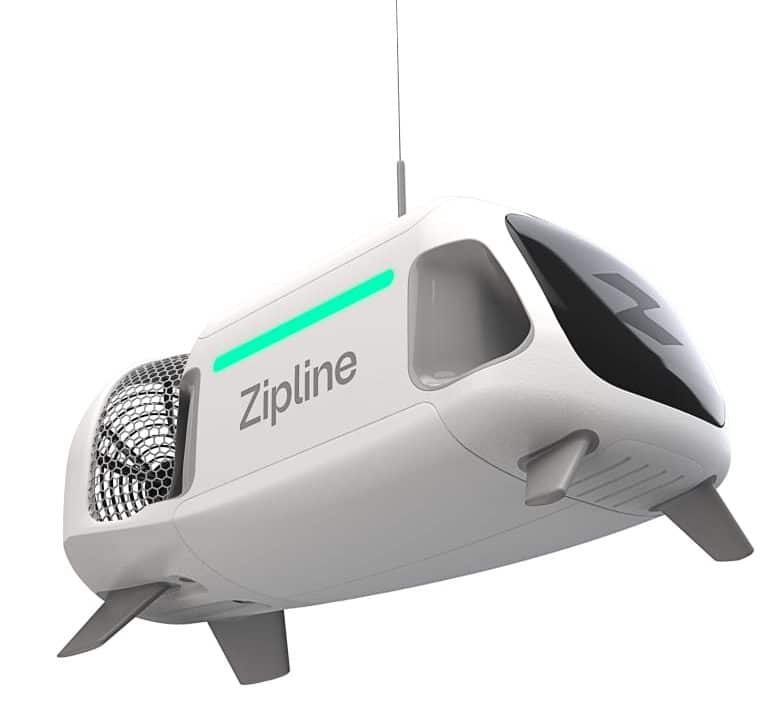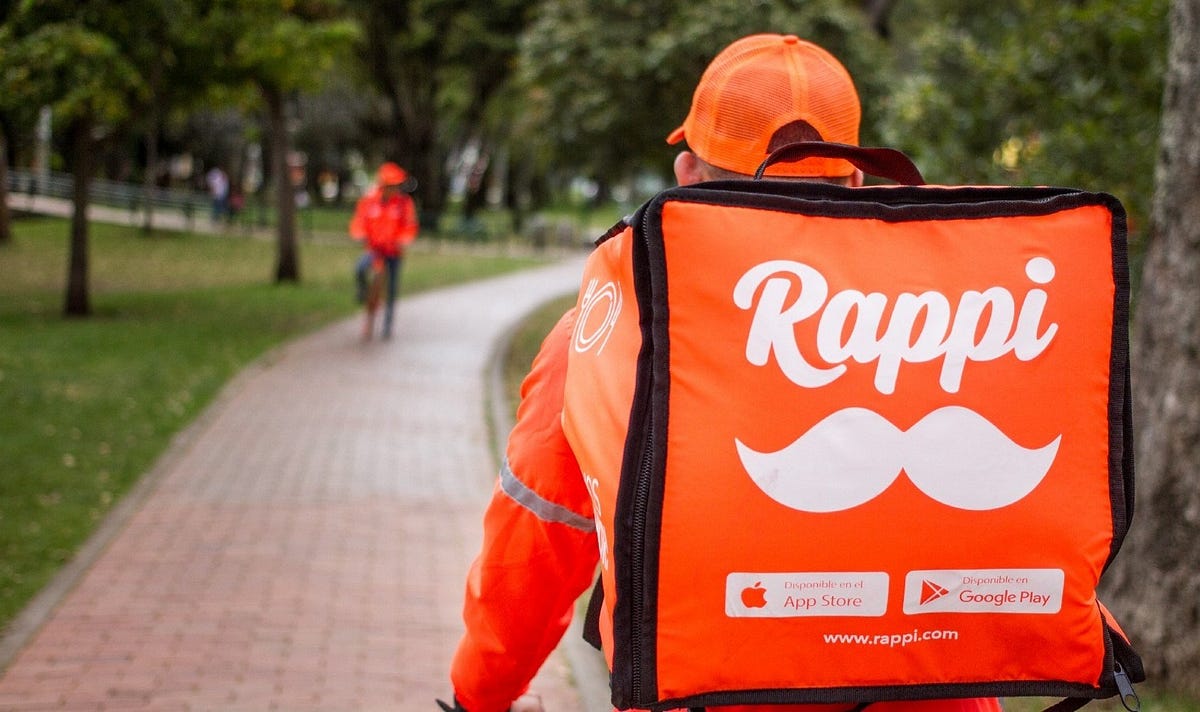Unicorns in Unlikely Places

When we think of billion-dollar startups—“unicorns”—the usual suspects come to mind: Silicon Valley, London, Tel Aviv. But look closer. Beneath the radar, outside the big-name cities and venture capital circles, a new wave of unicorns is quietly emerging—from Rwanda to Sri Lanka, Kazakhstan to Colombia. These aren’t just tech startups; they are local problem-solvers turned global disruptors.

🇷🇼 Zip line – Rwanda’s Sky-High Innovation
While drones in most countries deliver pizza or gadgets, Zipline, operating out of Rwanda, delivers blood, vaccines, and medical supplies. The company launched in 2016 and now has one of the world’s largest autonomous drone delivery networks, serving remote hospitals and clinics in minutes.
With a business model rooted in humanitarian logistics, Zipline didn’t just grow—it soared. It now operates in Ghana, Kenya, and even parts of the U.S. The tech? Built locally. The impact? Profound. Rwanda’s government was the first to believe in Zipline, making it a shining example of public-private partnership done right.
It began as a quirky online flower shop. Today, Chocofamily is Kazakhstan’s biggest digital holding group, controlling everything from healthtech to ride-hailing and fintech apps. Despite operating in a market often overlooked by global investors, Chocofamily built a $100M+ business with raw hustle and regional insight.
With minimal outside funding, it crafted super-app ecosystems that serve everyday Kazakh citizens—from online pharmacies to restaurant delivery—making it Central Asia’s answer to China’s Meituan or Indonesia’s Gojek.

🇰🇿 Chocofamily – Kazakhstan’s Digital Empire
It began as a quirky online flower shop. Today, Chocofamily is Kazakhstan’s biggest digital holding group, controlling everything from healthtech to ride-hailing and fintech apps. Despite operating in a market often overlooked by global investors, Chocofamily built a $100M+ business with raw hustle and regional insight.
With minimal outside funding, it crafted super-app ecosystems that serve everyday Kazakh citizens—from online pharmacies to restaurant delivery—making it Central Asia’s answer to China’s Meituan or Indonesia’s Gojek.

🇱🇰 Pick Me – Sri Lanka’s Homegrown Ride Revolution
In the midst of economic hardship and political turbulence, PickMe, Sri Lanka’s answer to Uber, has stood firm—and grown. But PickMe is more than a ride-hailing app. It has evolved into a mobility and delivery platform, providing logistics for restaurants, pharmacies, and even government services.
What makes PickMe unique is its deep integration with local systems, including Tuk-Tuks, buses, and delivery bikes. During crises, it’s been a lifeline—delivering essentials, enabling remote work, and even powering the vaccination rollout.
As the country reboots its economy, PickMe is a reminder that resilient innovation doesn’t come from abundance—it thrives in adversity.

🇨🇴 Rappi – Colombia’s Multibillion Dollar Bet
Perhaps the most famous unicorn from Latin America’s underdog scene, Rappi started in Bogotá as a simple delivery app. Now it’s a super-app with services that span everything from banking to grocery shopping to hiring someone to walk your dog.
Backed by SoftBank and other major players, Rappi now operates across Latin America and is eyeing the U.S. What makes it special isn’t just scale—it’s cultural fluency. Rappi understands the rhythms of life in Latin America: the cash economy, the urban congestion, the family-first values. It solves real problems with real empathy.
🧭 The Shift: From Copycat to Creator Economies
What unites these startups is a mindset shift. They’re not just copying Silicon Valley models—they’re crafting tech tailored to culture, infrastructure, and urgencies unique to their regions.
This movement is fueled by:
- Local talent staying local
- Digital penetration in previously untapped areas
- Crisis as a catalyst for innovation
- Governments finally backing tech ecosystems
As investors look beyond borders and founders build for need instead of novelty, the next generation of unicorns may not emerge from Palo Alto—but from a power outage in Colombo or a market stall in Kigali.

